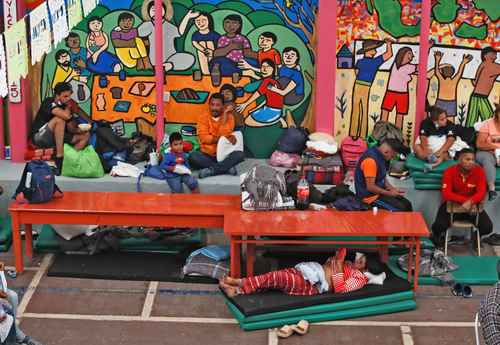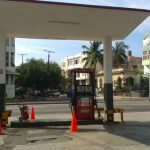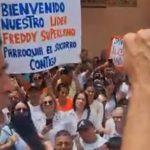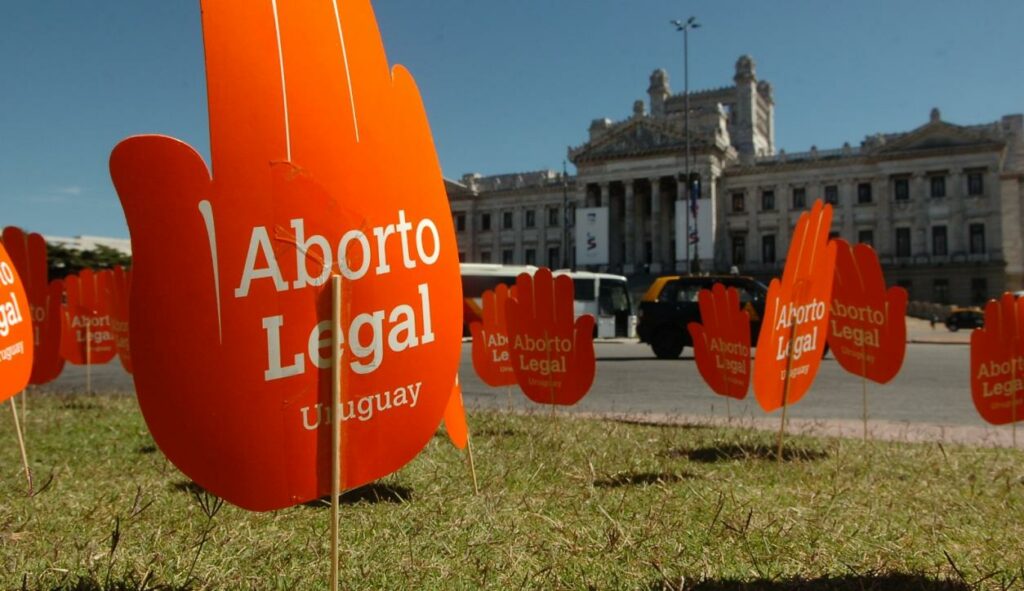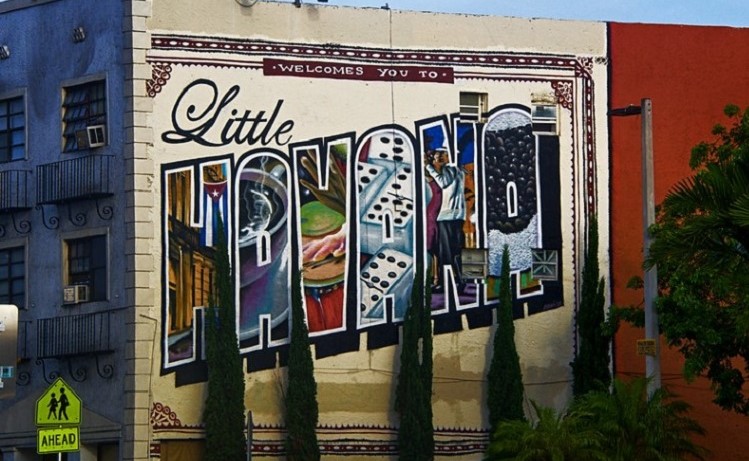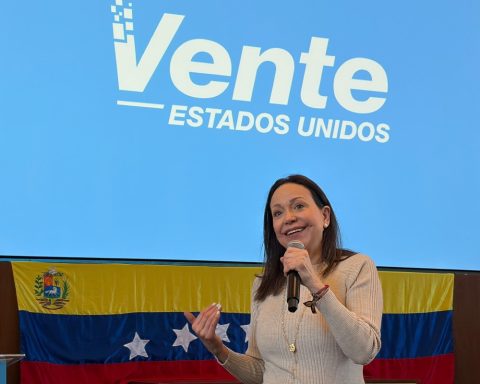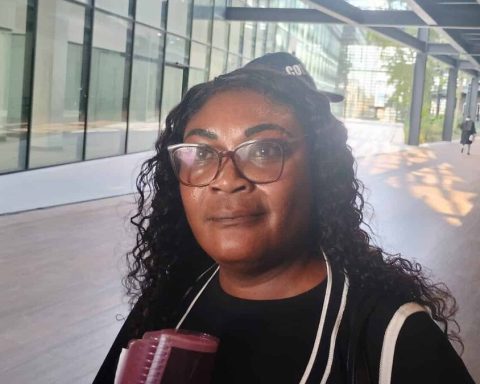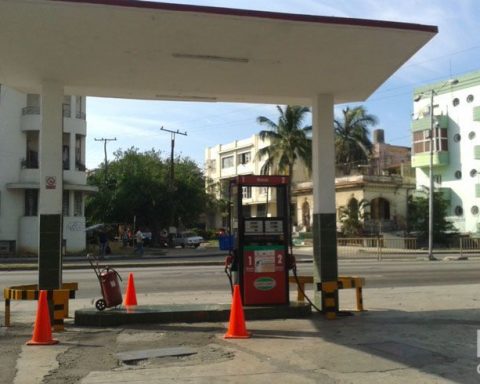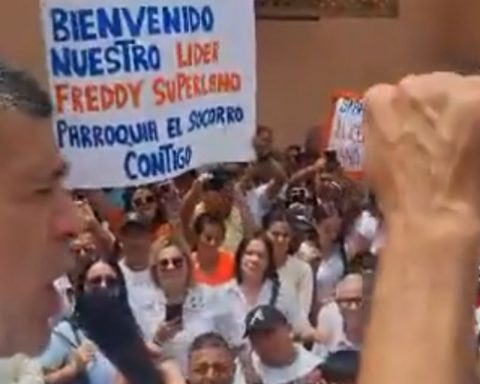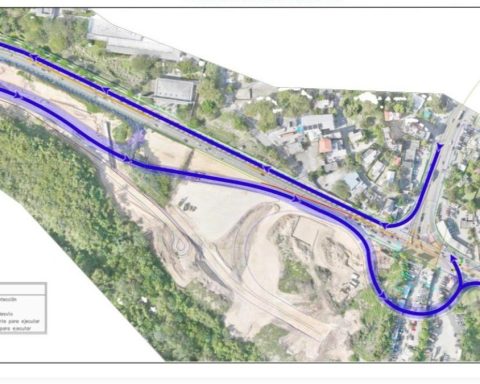▲ The Cafemin shelter, in the Vallejo neighborhood of CDMX, is saturated due to the arrival of hundreds of migrants who do not stop trying to enter the United States.Photo Victor Camacho
jared laurels
Newspaper La Jornada
Sunday, October 23, 2022, p. 8
With a box of ashes
of his uncle who was like a father
, two young women arrived at one of the shelters in Mexico City with sadness. They undertook the journey together, but he died of a heart attack and now they decided to stay in the shelter, because for the moment there’s no hope
to continue.
It is painful. A man approached me and asked me if we could receive the two girls, who had been stranded in Oaxaca and were only waiting for the remains of their relative.
says Magdalena Silva Rentería, a nun who manages the Shelter and Training House for Migrant Women and Families (Cafemin).
Many of the migrants expelled by the United States arrive here not only hungry, tired and looking for shelter, but practically in a state of shockdue to the hardships they have experienced on that uncertain trip to the northern border of the country.
For Sergio – a fictitious name to protect his true identity – staying in Mexico It’s the closest chance I get to start over
. Deported from the neighboring country to the north after the announcement of the new immigration measure, he assures that he will not try to cross the border again, but returning to Venezuela is not an option either.
If I re-enter the United States, with the data that they already took from me, they can arrest me for three to five years and I have a daughter and family to take care of
says the 37-year-old during a tour of the day by the facilities of Cafemin, which already houses more than 500 migrants.
In this enclosure they move freely and can sleep without fear of being detained or disturbed, although their faces reflect anger, confusion, frustration and sadness.
With contained rage and teary eyes, Sergio recounts how he was mistreated and the humiliations he had to go through when he was expelled, after Washington applied the new asylum criteria.
They put us on a bus and took us to a jail, because that’s what it was (the immigration station). They had about 50 or 60 people arrested with a padlock on a door as if we were prisoners; they threw us to the floor
narrates.
They were then flown to California, to a shelter where they suffered similar conditions: They locked us in a room, eating bagels with beans all day, and when we asked for water, they gave us a thermos and passed us a hose to fill it
.
He remained in that place for four days, always handcuffed at the arms, hands and waist, he says. They were then handed over to Mexican immigration authorities, who stripped him of his belongings.
Francelis left Venezuela and traveled more than 4,000 kilometers with his family in search of of a better future
. She seems calm while putting on makeup, but she says that in her country she left her two children. My little ones tell me that when I get there (United States) I send them to look for
but while you wait at the hostel to calm down the situation to see if we can continue moving forward
.
